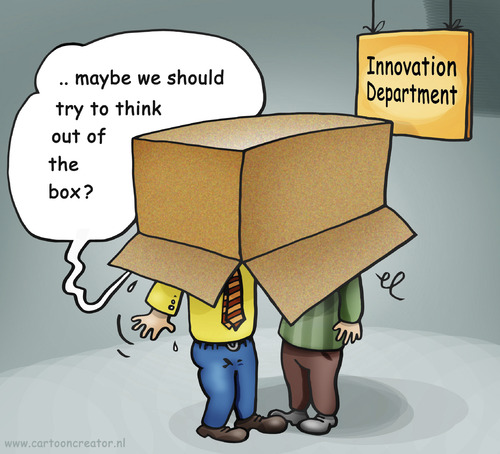The
symbols, George’s sound in his ear, and the ballerina’s weights, are used by
Vonnegut in his short story, “Harrison Bergeron” to create absolute, forced
equality in his futuristic community. The symbols show the burden of the involuntary,
complete parity, and how progress is seized when there is utter equality.
Later, the symbols show how the handicaps, now representing the affliction of
absolute equality and the rarity of progress, create problems with
relationships. Vonnegut is able to use symbols, the sound in George’s ear
and the ballerina’s weights, to show how outright impartiality has a negative
effect on the progress of thoughts, relationships, and can prohibit excellence.
Outline:
I.
At
the start of the story, the physical handicaps, weights on the ballerinas, and
the mental handicaps, the sounds in George’s ear, represent the burden of
absolute, enforced equality.
a.
“They
were burdened with sashweights and bags of birdshot.”
b.
“And
George, while his intelligence was way above normal, had a little mental
handicap radio in his ear”
c.
“the transmitter would send
out some sharp noise to keep people like George from taking unfair advantage of
their brains”
II.
As the story progresses,
the symbols come to symbolize progress, specifically how no progress is made
with absolute equality created by the handicaps.
a.
“But he didn’t get very far
with it before another noise in his ear radio scattered his thoughts.”
b.
“George was toying with the
notion that maybe dancers shouldn’t be handicapped.”
III.
When the end of the story
arrived, the symbols finally illustrate the harm to relationships and the
rebellion of the handicaps through the creation of other relationships.
a. “George
came back in with the beer, paused while a handicap signal shook him up. And
then he sat down again. "You been crying" he said to Hazel… "Forget
sad things," said George. "I always do," said Hazel. "That's
my girl," said George. He winced. There was the sound of a rivetting gun
in his head.”
b.
“Harrison
plucked the mental handicap from her ear, snapped off her physical handicaps
with marvelous delicacy.”





